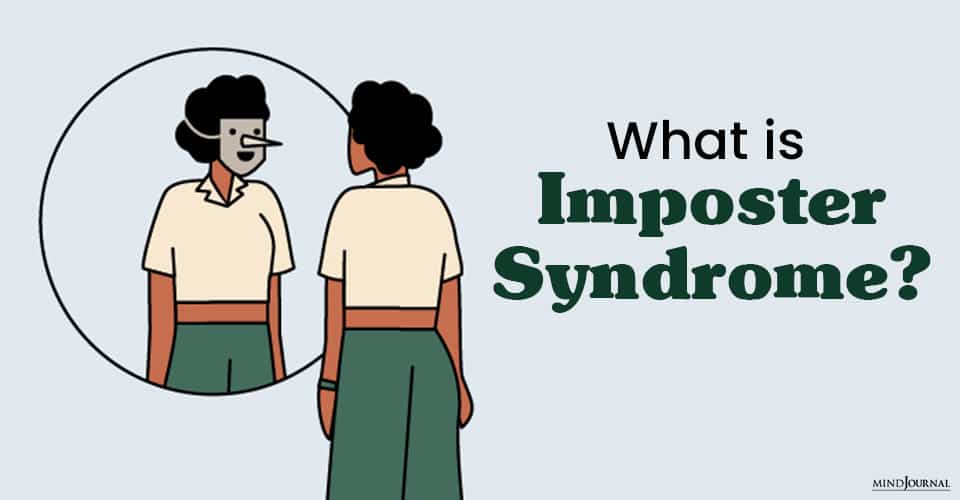Imposter syndrome and its symptoms can be mentally and psychologically very incapacitating, and can even end up preventing you from living a normal life.
Is this how you are thinking but wouldn’t dare to share?
‘I am so different from who they think I am. They think I am good, but if only they knew…’
‘I am scared of being found out, feeling a fraud, and waking up worried about my façade.’
You think like someone who is suffering from… Imposter Syndrome.
Petronella switched off the lights, put on the alarm, and closed the front door behind her. She paused on the doorstep. A lovely picture.
Imposter Syndrome Symptoms
A good-looking woman of around 50 with a beautiful expensive-looking suit, elegant high heels, and blond highlights in a well-coiffured bob against the background of a classical green front door of one of those listed houses in the suburbs of London.
The picture of a successful woman, who is leading a great life. That’s the picture. But what is the story?
Petronella is posh. She went to an all-girls boarding school, then attended university abroad and married a wealthy property guy. They had three children who are now all living their lives away from home and Petronella, who had always worked part-time, is now holding down a full-time job.
She is very good at it.
But the picture we see of Petronella is only a part of her. The other part is carefully hidden and the only one who knows it is Petronella herself.
Related: The 7 Kinds Of Hidden Trauma That Shouldn’t Be Ignored
Imposter syndrome symptoms: What is she hiding?
Her secret companion is a little creepy monster, sitting on her shoulder invisible for the world, and continuously whispering at her……
- Making her feel bad about herself.
- Stressing her out.
- Forcing her to walk on eggshells.
- And keeping her awake at night.
The monster tells her:
- You made a mistake.
- You could have done better.
- Oh, look at your colleagues, they are so clever.
- One day they will find out you are actually not that good.
This creepy monster has a name: Imposter Syndrome.
It is very common, especially amongst women, but one of those ‘let’s not talk about’ subjects.
How To Deal With Your Imposter Syndrome?
- Don’t try to ignore the voice, face it full-on.
- Your IS monster is talking to you as an authority. Are you responding as a child? If so, step into your adult to dismantle the power of the authority.
- Start a dialogue and continue a conversation.
- Don’t think black and white. Making one mistake or being less perfect doesn’t make you useless at your job.
- Find rational proof that IS got it wrong.
- Wave goodbye to the monster.
Check out if you are suffering from Imposter Syndrome by doing my online quiz.
Written By Mariette Jansen Originally Appeared In Dr. Destress










Leave a Reply